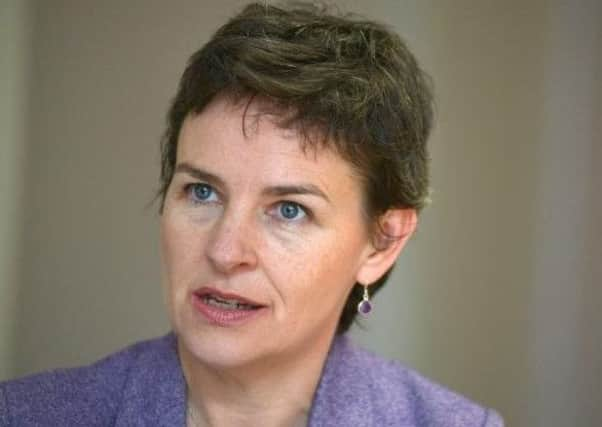Carbon capture decision '˜may drive up costs'


The Treasury made the decision last year to ditch the competition for “carbon capture and storage” (CCS) technology, which would capture the emissions from fossil fuel power stations or heavy industry and store them permanently underground.
The decision triggered the end for one of the projects that had reached the final stage of the competition, the White Rose Project based at the Drax power station in Yorkshire.
Advertisement
Hide AdAdvertisement
Hide AdIt had been hoped the project would help establish Yorkshire as a world leader in CCS technology and create thousands of jobs.
The National Audit office said Government’s decision will delay deployment of CCS, an initially costly technology which is expected to fall in price after the first projects are up and running, until after 2030 and could make long-term carbon cuts more expensive.
Without the technology a more expensive mix of low carbon technologies will be needed to cut the UK’s greenhouse gas emissions by 2050 in line with legally-binding targets to tackle climate change.
The NAO revealed that the Department of Energy and Climate Change (Decc) warned the Treasury before the decision that meeting the targets by 2050 without CCS would cost an extra £30 billion.
Advertisement
Hide AdAdvertisement
Hide AdBut neither the Treasury or Decc, which had spent £100 million on the competition before it was cancelled, estimated the cost of delaying the roll-out of the technology.
Up to two projects would have benefited from £1 billion funding and an estimated £570 million over 15 years in contracts for the energy they generated, paid for through consumer bills.
But they would have brought down the costs of CCS by 23 per cent and delivered an estimated £4.3 billion in benefits to society, according to the NAO’s briefing for the parliamentary Environmental Audit Committee (EAC).
The surprise announcement to cancel the competition, buried on the day of the Government’s spending review last November, means CCS will not meaningfully contribute to cutting emissions before 2030.
Advertisement
Hide AdAdvertisement
Hide AdThe UK is currently set to miss its targets for the 2020s by around 10 per cent, Government assessment shows.
In response to the report, EAC committee chairwoman Mary Creagh, the Wakefield MP, said: “The last minute cancellation of support for carbon capture and storage may have delayed the roll-out of this crucial technology for a decade or more.
“CCS is essential to meet our 2050 climate change targets.
“It is critical that the Government establish a new strategy for supporting large scale deployment of CCS, as without it, the eventual bill for cutting our carbon emissions could be up to £30 billion more.”